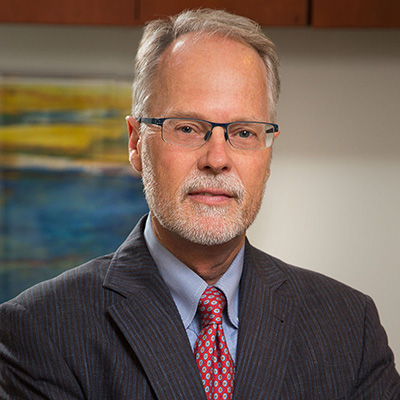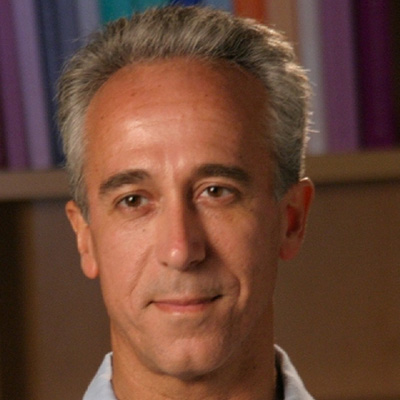Biography
Dr. Michael R. Irwin is Cousins Distinguished Professor of Psychiatry and Biobehavioral Sciences, David Geffen School of Medicine at UCLA; Distinguished Professor of Psychology, UCLA College of Letters and Sciences; Director, Cousins Center for Psychoneuroimmunology, Semel Institute for Neuroscience; Director of the Mindful Awareness Research Center. Michael R. Irwin is one of the world’s foremost experts on the psychoneuroimmunological pathways by which psychosocial and behavioral factors influence health and disease. He is the Norman Cousins Distinguished Professor of Psychiatry and Biobehavioral Science at the UCLA Geffen School of Medicine, Director of the Cousins Center for Psychoneuroimmunology at the UCLA Semel Institute, Director of the Mindful Awareness Research Center at the UCLA Semel Institute, and Director of the Center’s Inflammatory Biology Core. Dr. Irwin pioneered basic studies to show that activation of receptor dependent mechanisms in the brain (e.g., corticotropin releasing hormone) play a key role in the integration of the HPA, autonomic, and immune responses to stress. His clinical translational studies were among the first to demonstrate that b-adrenergic receptor mechanisms steered a reduction in anti-viral immunity and an increase inflammatory responses, and the role of these molecular pathways on infectious- and inflammatory disease pathogenesis in older adults, and in patients with depression, insomnia, cardiovascular disease, cancer, rheumatoid arthritis, and alcohol- and cocaine use disorders. His ongoing work is focused on the reciprocal interactions between the immune- and central nervous systems, and the role of sleep disturbance on the molecular and cellular inflammatory signaling pathways that influence depression- and physical health risk with a focus on cancer survivors and older adults. Dr. Irwin’s research has broadly integrated data from laboratory animal studies, epidemiological studies, clinical naturalistic history- and prospective studies, experimental studies, and randomized controlled trials that have employed both behavioral- and mind-body approaches, which has resulted in publication of over 300 research articles and several books. Together, his research has been supported continuously for over 25 years by his PI leadership of over 25 R01 type awards from the National Institute of Aging, National Cancer Institute, National Heart Lung and Blood Disorders Institute, National Institute of Alcoholism and Alcohol Abuse, National Institute of Arthritis and Musculoskeletal Disorders, National Institute of Drug Abuse, National Center for Complementary and Alternative Medicine (NCCAM), and the National Institute of Mental Health. Dr. Irwin is Past President of the Psychoneuroimmunology Research Society and of the Academy of Behavioral Medicine Research, and a Distinguished Fellow in the American Psychiatric Association and the American College of Psychiatrists. He was an Associate Editor of Brain, Behavior, and Immunity, serves on the Editorial Board of Psychosomatic Medicine and of Sleep. He is Chairperson of NIH-CSR Mechanisms of Emotions, Stress, and Health Study Section, and past appointments on the NIMH Mental Health and AIDS Initial Review Group and Advisory Council to the National Center for Complementary and Alternative Medicine. He has received multiple national and international awards, and was twice the recipient of the Faculty Research Mentor Award from the Department of Psychiatry and Biobehavioral Science at the David Geffen School of Medicine.




